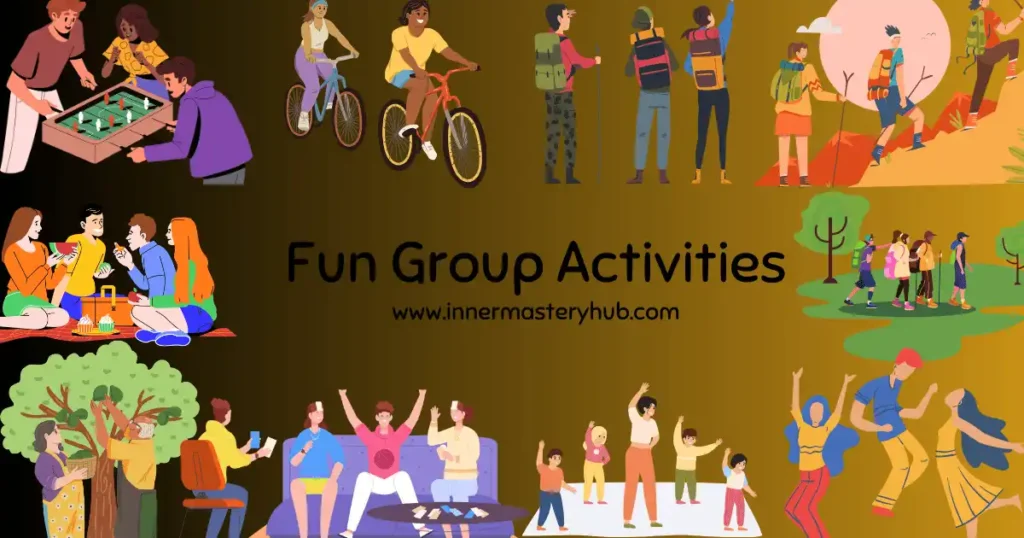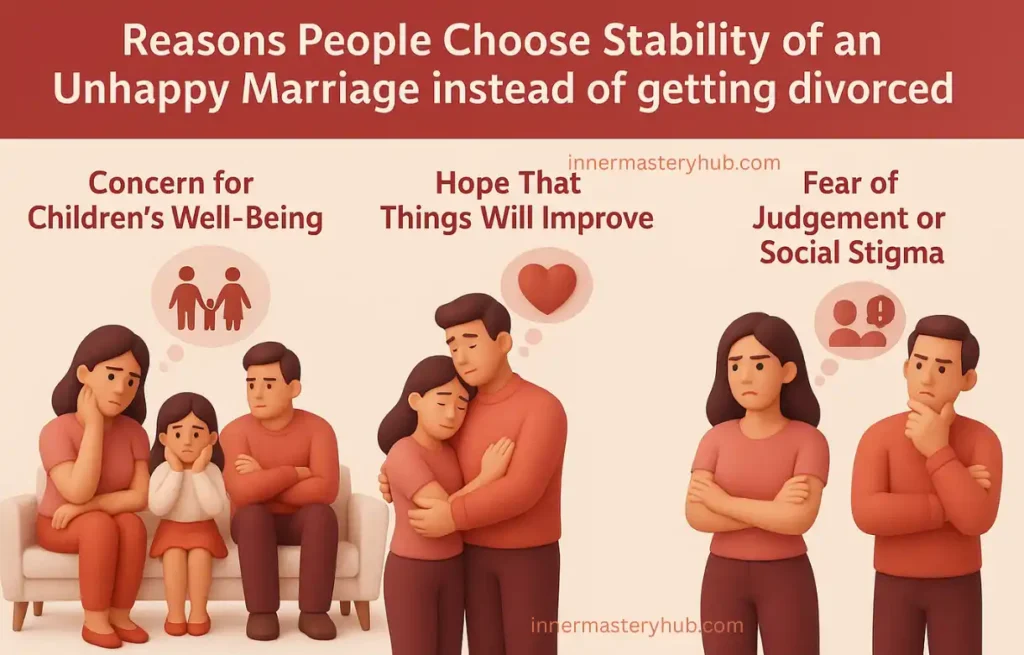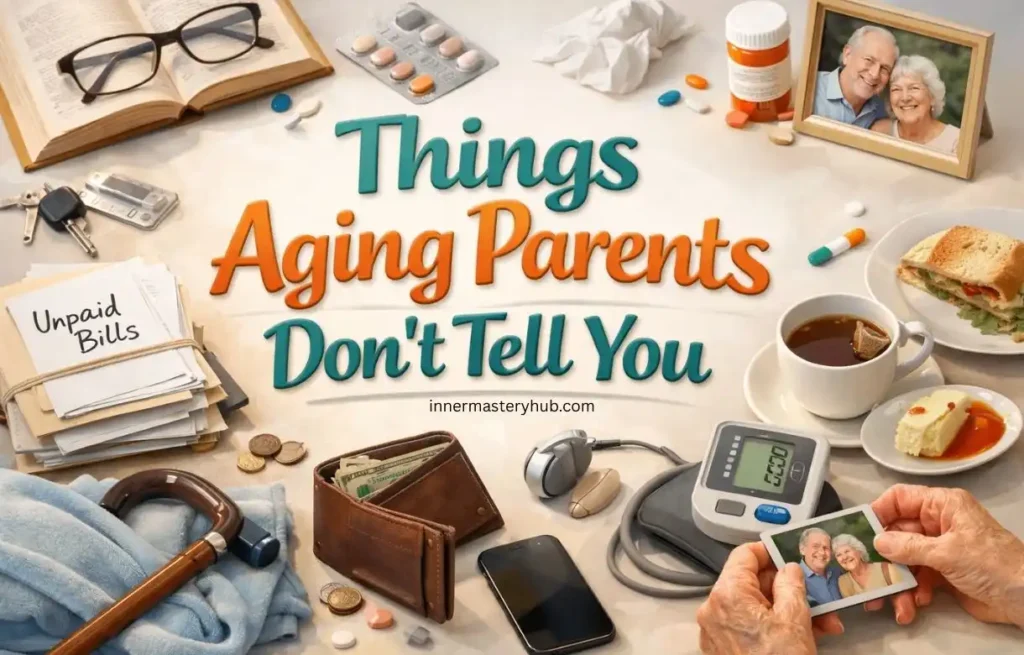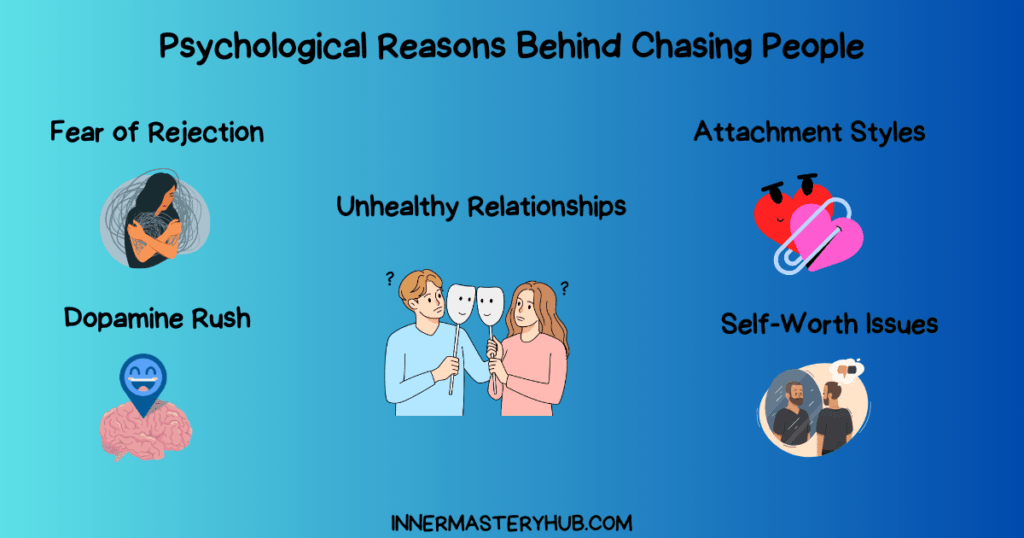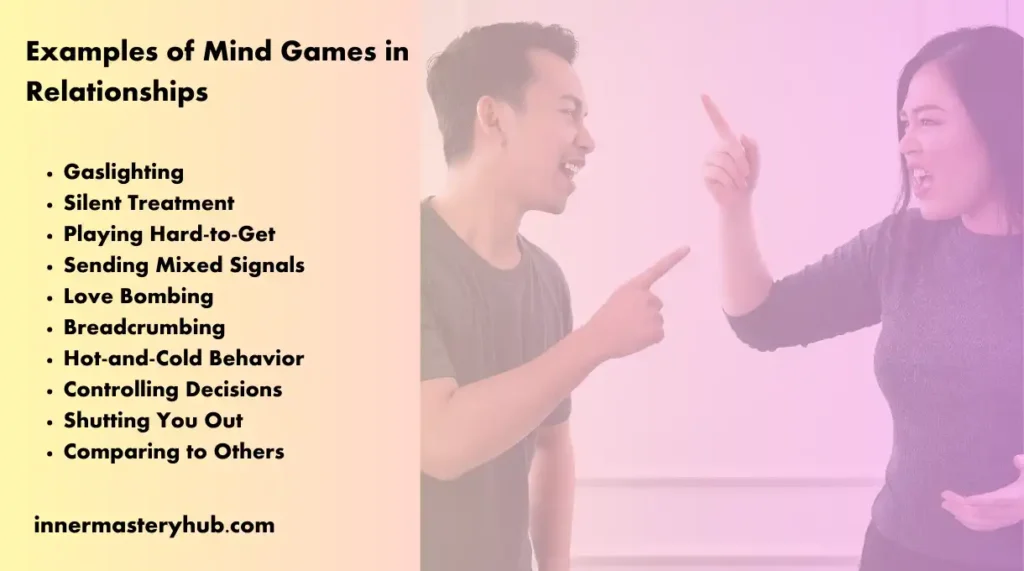No One Likes Me: What to Do When You Feel Completely Alone

Everyone would want to be liked if the world works against them. It is not difficult to experience feelings of isolation, worthlessness, or rejection. There is truth to these emotions, and they are significant. We are living in a world that is interconnected.
People depend on one another to fulfill their needs, and our brains recognize the importance of belonging to a group. The powerful feelings that accompany the experience of not being loved or accepted serve as a source of motivation for us to form stronger, more meaningful connections with others.
However, it is not difficult for those same feelings to spiral out of control. When you are constantly experiencing feelings of isolation and rejection, those feelings begin to give rise to beliefs you hold about yourself. Among these misconceptions is the notion that “no one likes me.”
Where does “no one likes me” come as a “voice”?
Are you ever astonished that the persistent thought “no one likes me” does not subside? As far as we are concerned, it all begins in our younger years. Do you remember when individuals, particularly those who were significant to us, said things that were not nice? What would you do if a parent termed you a troublemaker or a sluggish child?
Those are words that stay. Additionally, it is not just them; how our parents felt about themselves is something that we also absorb. Add other instances from our time at school, such as when a teacher embarrassed us or a bully was cruel, and our inner critic began to take shape. If you are struggling with self-doubt, gaining this understanding is like turning on a light in the room.
Getting Past Your Inner Critic
So, you know that annoying voice that keeps saying, “No one likes me”? It turns out that we all have it, and we’re not being truthful. Once you get that, you can ask it to take a back seat. Notice when it tries to influence how you perceive yourself and the world around you. Ask yourself, “How is this inner critic messing with what I do?”
Your brain can deceive you.
Here are some common global misinterpretations.
An inflated view of things. The world is black and white. Either everyone likes you, or nobody does. Things are great or terrible.
You assume others’ thoughts. For instance, you may think someone dislikes you without evidence.
Emotional thinking: You mistake feelings for facts. If you feel unloved, you believe this.
Neglecting the good: Positive events are immediately discounted since they “don’t count” compared to negative ones. Having a good interaction with someone is assumed to be a fluke.
Reasons to feel that way, like “no one likes me.”
There might be plenty of reasons why you feel like no one likes you:
1. Low self-esteem
Many people who think, “No one likes me,” are dissatisfied. They may have few friends or feel abandoned by loved ones. Maybe they haven’t found anybody who accepts them. They may be caught in the past, asking why a happy life is impossible and why everyone else seems to be happy but them.
Many people who feel unloved or unlovable have self-esteem difficulties that prevent them from accepting themselves and their past. Most people have suffered from poor self-esteem, especially as teens or young adults. Low self-esteem symptoms include:
- Feeling of worthlessness
- Chronic fatigue
- Social withdrawal or isolation
- Feeling bad about oneself
- Hypersensitive to criticism
- Feeling terrible if you fail
- Doubting everything you do
- Uncertain about your choices
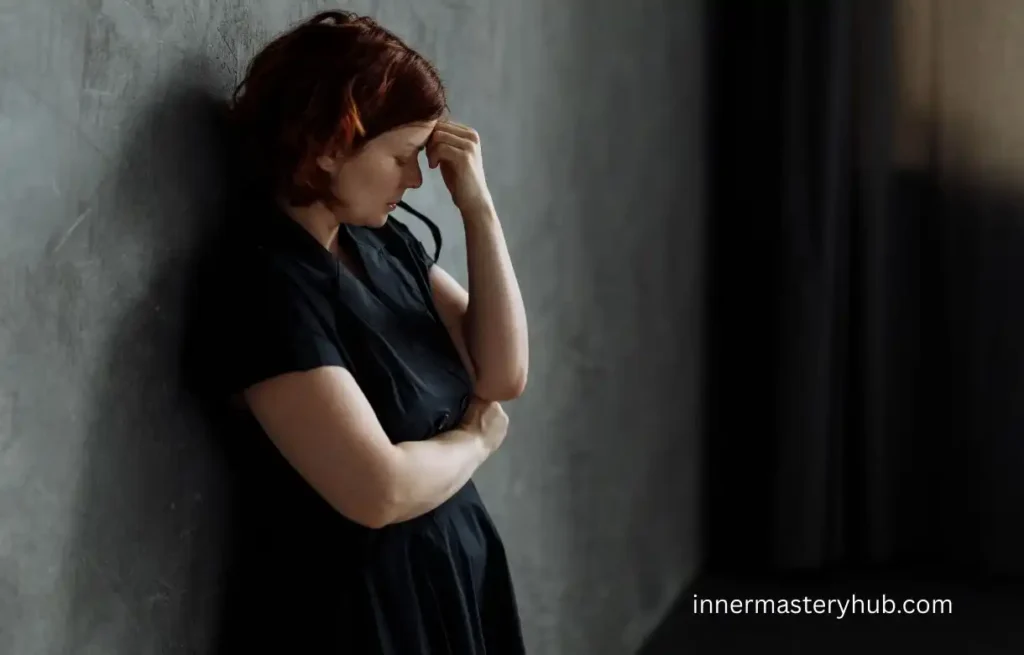
2. Rejection phobia
Many people who think, “No one likes me,” and the question, “Will anyone ever love me?” fear their futures. They mostly fear rejection, especially from someone they respect or want. Friends and family may dread or reject them or struggle to connect with others.
But you know what? Rejection can be a learning tool. Some people with low self-esteem may not perceive rejection in the same way. They may regard it as a failure and think they can’t do anything correctly. Since they cannot handle rejection, they often lose themselves or fail to realize their full potential.
However, rejection is occasionally unwarranted. Who says your rejector is right? Often, they were having a horrible day. Not all rejections are right. People have diverse ideas; if you ask three people about the same item, you’ll receive three different perspectives.
3. Depression
When people think that no one likes them, they may be depressed. Depression is a prevalent mental health issue that can be treated, but you must recognize it. Nearly 15 million Americans suffer from depression, according to the ADAA.
Some causes and risk factors are:
- Chemical imbalance in the brain
- Family with mental illness
- Previous mental illness
- Trauma or brain injury
Depression might be difficult to accept, but it’s important to seek a diagnosis from a mental health professional. In many situations, depression is caused by a brain chemical imbalance that affects emotions and feelings. Depression symptoms include:
- Chronic fatigue
- Gain or lose weight
- Overeating or undereating
- Disinterest in hobbies
- Restlessness, anxiety, agitation
- Concentration issues
- Memory loss
- Slow thinking or speaking
- Unexpected crying
Depression is usually treated with therapy, medication, or both. An expert medical team can create an effective treatment strategy.
4. Social anxiety disorder
Other reasons may lead you to believe that nobody wants you. Social disorders like social anxiety disorder may prevent you from having strong connections. Always scared of people criticizing or gossiping about you? Some other signs:
- Avoiding others
- Thinking no one likes me
- Extreme shyness or social anxiety
- Constantly worried about others’ opinions
- Shaking, flushing, nausea, sweating. Avoiding the spotlight
- Staying away from events and gatherings, personal performance analysis after social situations
Anxious people may struggle to absorb outside influences. However, accepting the past is essential. Concentrating on the present can be challenging, but acknowledging that it is all we can control helps reduce anxiety.
Many factors induce social anxiety disorder. Maybe you were bullied in school or raised in an unstable environment where you were ignored or beaten. You can potentially inherit it from a loved one with a similar condition. You should seek help because it’s a treatable condition.
5. You believe social media hoaxes.
Remembering that social media is a false “highlight reel” is difficult. People show their best moments; therefore, if you don’t have many, it can make you think everyone has a better life.
Remember that this is not true. Despite being surrounded by people, the person in the photo may feel lonely, just like you, and their social media persona often fails to reflect their struggles.
Remember, there is always a life outside Instagram and Facebook. Social media lives should not be believed.
6. Your life stage differs from your friends.
Individuals experience things differently, you know? While you’re still finding out what you want out of a relationship, some of your friends may be entering into committed partnerships. Or maybe you’re more interested in pursuing hobbies, and they’re all about job aspirations. It feels as though you are reading different parts of the same book.
You may be on page 30, and some of your pals may be on page 50. And that’s awesome! Everybody’s tale develops at a different speed. Therefore, it’s okay if you and your friends aren’t on the same page. Accept yourself as you are, relish the adventure, and support your friends from your unique perspective within the narrative. Your life is playing out exactly as it should; life is like a book with many chapters!
7. You have different beliefs from others.
It’s quite acceptable if your beliefs diverge from those of others. All of us are special. It’s possible that while you perceive something one way, someone else does not. It’s what adds interest to discussions! Imagine how boring it would be if we all held the same beliefs. Having different opinions doesn’t make you less than anybody.
Thus, beliefs give the world diversity, regardless of the subject matter—politics, religion, or the greatest pizza topping. Accept your opinions and pay attention to what others say; you might learn something. Just keep in mind that one of the things that makes each of us unique is our diversity of beliefs.
8. Feeling of loneliness
In a social setting, have you ever seen someone always on their phone? Have you ever been this?
Whether you realize it or not, continuously being on your phone shows that whoever or whatever is on it is more important than others. You seem to prefer online socializing to in-person. The “one person” may never be invited again and left to their cyber friends.
Several additional methods can cause this. If you work physically or intellectually hard, you may not want to socialize; therefore, you always decline invites, unintentionally isolating yourself. Because they assume you prefer solitude, people may stop asking the next time. As a result, you may start feeling alone.
Always strive to maintain a balance in your social and personal life spheres.
How to change the perspective, ” no one likes me.”
Here are a few suggestions to have a mindset change:
1. Finding Balance in Your Point of View
The truth is that it’s normal for not everyone to be your biggest supporter. I assume you have your views about people as well. Acknowledging the fact that you cannot please everyone may require some adjustment. We all want to be loved; I get it!
The truth is that you can have a happy and meaningful life without everyone liking you. Say these affirmations back to me:
1. Some like me, and some don’t.
2. Even though some dislike me, I can still lead a happy and fulfilled life.
Try experimenting with these fresh ideas the next time the thought “no one likes me” strikes. I promise it will revolutionize the game.
2. No one can read your mind.
You may believe “No one likes me” after a terrible social interaction.
For example, imagine chatting to someone with a squinty face who thinks you’re foolish. You conclude they detest you after the chat. But the truth may be that they were going through something inside them that they just projected on you. Start thinking about the possible dynamics of a situation to break the loop in your thinking style.
Consider some other scenarios.
They may have forgotten their glasses or contacts today. Their vision is poor, so they squint at everyone.
Perhaps they were too focused on what you said to absorb it all fully.
Maybe their face looks like that. Some people naturally have angry or unpleasant expressions.
Maybe you’re sensitive to that glance. Children who were abused or screamed at often see anger in others’ features when it isn’t there.
Starting to question your beliefs might be difficult. Consult a therapist to overcome negative thoughts and feelings—they’re qualified to help!
3. Feeling connected
By now, you should realize that “no one likes me” is a self-belief you can change. That’s excellent, but what about loneliness and isolation?
We’ve discussed how changing your beliefs might make you feel more connected. Being less self-critical makes you more friendly and willing to interact with people. They may also show less hatred toward you. See further proof that some like you a lot.
A positive self-image leads to increased outgoingness, improved social interactions, and enhanced self-esteem.
Work on your social abilities, too. Nobody has flawless social skills; therefore, they can improve. Ask a trusted friend whether anything you do hinders friendship. You can help others recognize your best without changing who you are. Succeed Socially is a valuable online resource for developing social skills.
Here are additional methods to cope with loneliness and feel more connected. We also have an interactive tool called Overcoming Negative Beliefs to fight negative beliefs like this.
4. Learn what your inner critic says.
Notice when your cognitive process changes and your inner critic appears. When you stand up in a meeting, you may think, “You’re not making any sense.” All eyes are on you. They want you quiet.” Knowing what triggers your critical inner voice and what it says is crucial. Take a few deep breaths to calm your inner critic.
Write your critical inner voices into “I” statements, like “I’m so boring,” as an exercise. No one likes me.” Write the thoughts as “you” statements next to these voices. “You bore me. No one likes me.” This helps you see the voice as an enemy, not the real you.
Consider the origins of these criticisms. Sometimes, writing or speaking helps people understand the origins of harsh thoughts. Many picture the voice as coming from a loved one, such as a parent worried they’ll never make friends. Knowing where your voice came from might help you be more self-compassionate and distinguish between your past attitudes and your current reality.
5. Consider how your speech affects your behaviours.
You’ll recognize your voices better as you become more familiar with them. You can purposefully distract yourself and notice how this voice affects your conduct. It may say you’re too bashful to make friends and avoid social situations.
You may feel insecure in your relationship and want reassurance from your partner. If it tells you the world rejects you, you may be angrier with others or meaner to yourself. Take note of how often your critical inner voice influences your behavior. Take a C-O-A-L (curious, open, accepting, and loving) approach to yourself, according to Dr. Daniel Siegel.
6. Alter your behaviour
You must battle your inner critic’s tendencies to achieve success. Thus, you must resist your inner critic’s advice to stay alone or remain quiet at a gathering, even if it’s uncomfortable. It will disgrace or isolate you.
When you act against your inner voice and feel uncomfortable or out of character, self-compassion is crucial. Changing your behaviour may make your voice louder, but challenging it generates anxiety. Face your inner critic more to acquire confidence. This voice will fade.
7. Challenge your contextual assumptions
You could think someone who snaps at you doesn’t like you. Although possible, there are other reasons. They may be late for a train and not have time to converse, or they may have a poor day and be grumpy.
Negative assumptions can be hard to overcome.
Try a mental experiment instead of overriding them. As I did above, attempt to devise at least two alternate explanations for someone’s conduct if you think they don’t like you. Accept that this may be the explanation, and observe how it alters your feelings and responses.
8. Focus on the right people
Over 7.5 billion individuals live on Earth, but we focus on a few! Unfortunately, not everyone will like us. We may share hobbies or have quite distinct personalities. Sometimes, people don’t want to become friends with each other. Rather, focus on the people who care.
No matter the reason, focusing on the wrong individuals might raise despair or anxiety. How do you know you’re targeting the incorrect people? These indications indicate danger:
- They’re overcritical.
- Like a competition, they attempt to outmatch you.
- Always “too busy” to hang around.
- They guilt-trip you if you make a mistake or don’t do what they want.
- They drop plans after confirming.
- They foster moral transgression.
- Though they claim to be joking, they make cruel remarks about you.
- They bar you from talks and activities.
- They criticize others to you (and possibly to others). These factors do not prove that the other person is a lousy friend. However, if they exhibit most of these warning indicators, investigate. Make new friends; good people should make you feel invigorated, happy, and supported, unlike walking on eggshells.
9. Accepting Friendship Flow
Friendships evolve like life. As people change, so do friendships. It’s okay to admit that some friendships come to an end. We sometimes cling to dead ties because we miss the old ways.
Feeling sad, angry, or upset when a friendship ends is a normal reaction. Allow yourself to feel. It’s normal for friendships to change. Check out advice on dealing with friends leaving, too. Ultimately, accepting that some friendships come to an end is a natural part of life.
10. Let Go and Accept Your Faults
Having trouble letting go of the past may cause you to think that no one will ever love you. Learning to accept the past is crucial. Sometimes, the people you love can’t show it, like when they’re gone and you wonder, “Will I ever find love again?”
Because they’re not interested in you, you may need to let go of someone. It may not be you. Release the negative thinking about those who don’t want to be near you, since it’s not worth chasing them to like or adore you. One cannot force feelings for another. Moving on from the past and accepting it can help you progress.
Beyond this, many people who struggle with self-love don’t accept their mistakes because they think it means admitting guilt. Self-love requires accepting everything about yourself. Nobody is flawless, so don’t demand perfection from yourself or others.
FAQS about No one likes me
Why can’t I find satisfaction in life when nobody likes me?
Unfulfilled expectations, unclear goals, or internal struggles can contribute to the difficulty in achieving life satisfaction. Reflect on personal values, set realistic goals, and explore new experiences. Seeking support from friends, family, or professionals can provide insights and assistance in navigating this journey toward greater satisfaction.
What causes you to think no one likes me?
The belief that no one likes me often stems from negative experiences, self-doubt, or past rejections. Influenced by critical thoughts, a fear of social judgment may fuel it. Recognizing these factors and challenging negative self-perceptions can help shift one’s mindset towards a more positive and realistic perspective.
Why does it feel like no one likes me?
It often feels that way when you’re lonely, anxious, or self-critical. Sometimes people are just busy or quiet, not rejecting you. Try to notice positive interactions, focus on your strengths, and reach out—connection usually starts with small, genuine efforts.
What should I do if no one likes me?
Start by liking yourself. Practice self-care, improve social skills, and join communities that share your interests. Don’t chase everyone’s approval—focus on authentic relationships. Small kindness, confidence, and patience can help attract people who appreciate you for who you are.
Why do my friends no longer like me?
Friendships can evolve, be influenced by misunderstandings, or be altered by different life paths. Reflect on what might’ve changed—communication, effort, or behavior. Reach out honestly and ask if something’s wrong. If it’s not fixable, it’s okay—make space for new, healthier friendships.
How can I make people like me more?
Be genuinely interested in others. Listen, smile, and show kindness. Avoid bragging or criticizing. People like those who make them feel good and respected. Authenticity always lasts longer than trying too hard to impress.
Why do I think no one likes me, even when they do?
Negative thoughts can distort reality, especially with anxiety or low self-esteem. You might ignore positive signs and focus on rejection. Challenge these thoughts—ask yourself for real proof. Therapy or journaling can help you see situations more clearly.
Does everyone sometimes feel like no one likes them?
Yes, almost everyone feels that way occasionally. It’s a normal part of insecurity, stress, or loneliness. Even popular people doubt themselves. The key is not to believe those feelings—they’re temporary and often untrue.
Why do people ignore me?
Sometimes people are distracted, shy, or unaware—not intentionally rude. You might also seem distant without realizing it. Try engaging warmly, making eye contact, and starting simple conversations. Being open often invites attention naturally.
How do I stop caring if no one likes me?
Remind yourself that your worth doesn’t depend on others’ opinions. Focus on personal goals, hobbies, and growth. The more you live for yourself, the more genuine people will be drawn to you. Confidence is quiet but powerful.
What does it mean if no one talks to me?
It might mean others are unsure how to approach you, not that they dislike you. Sometimes your body language or tone can seem closed off. Smile more, ask questions, and show interest—communication is a two-way street.
Can therapy help if I feel like no one likes me?
Absolutely. A therapist helps identify thinking patterns and social habits that cause loneliness. They teach confidence, communication, and emotional healing strategies. You’ll feel less isolated and more understood over time.

